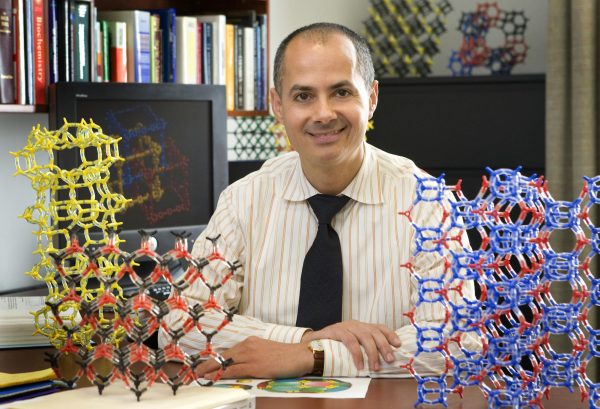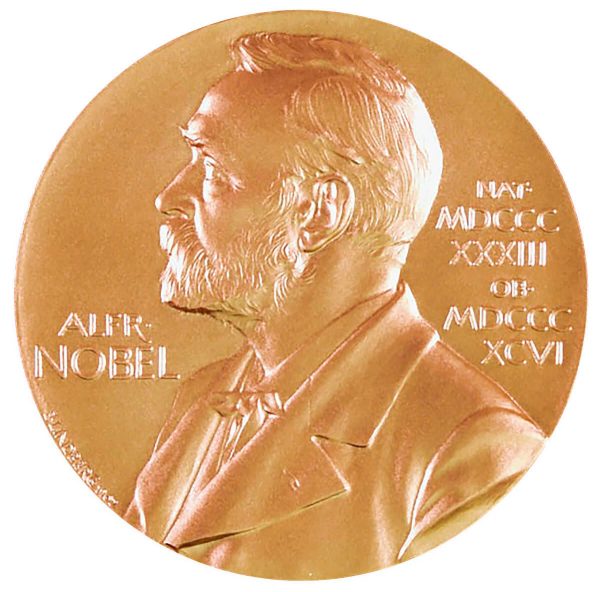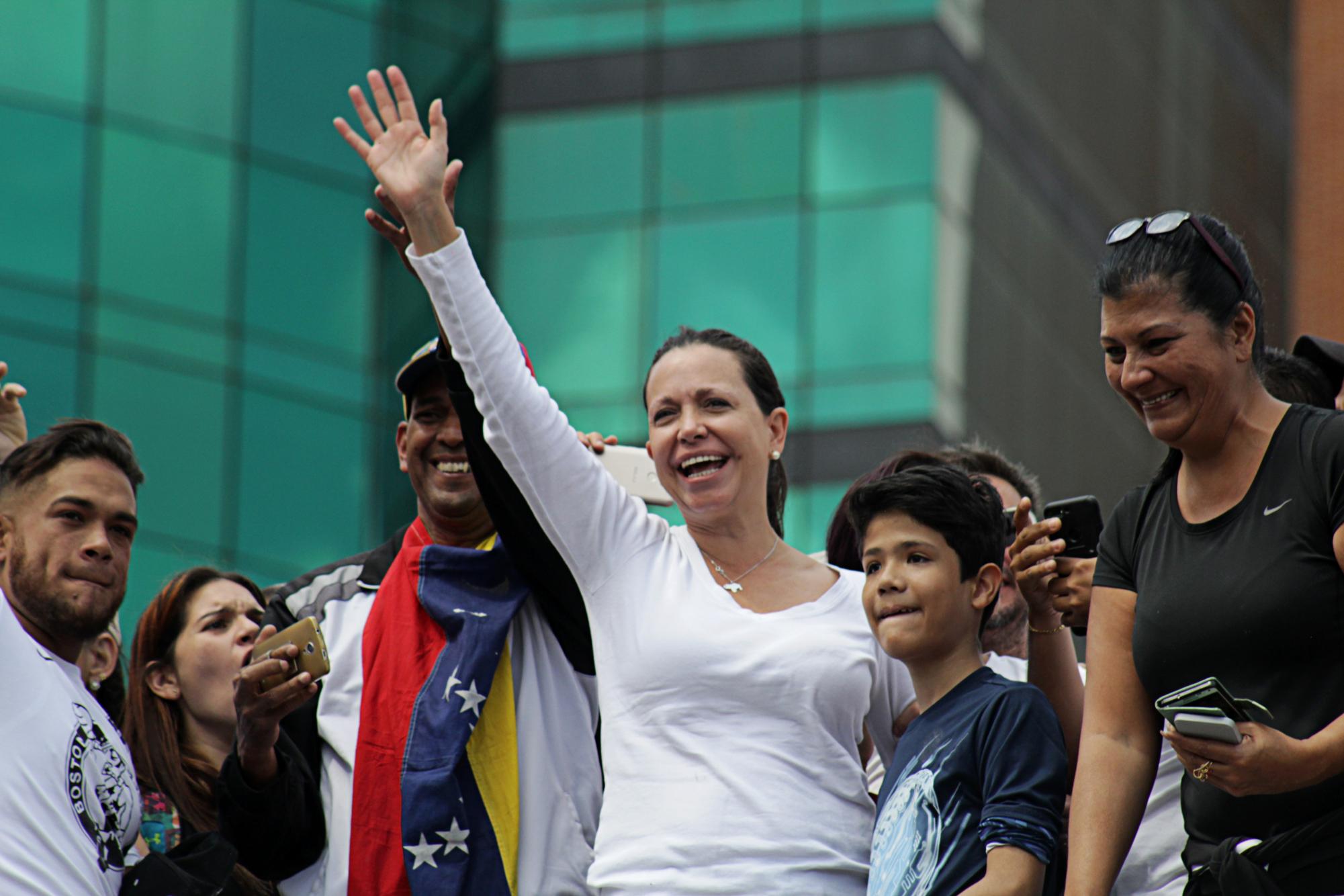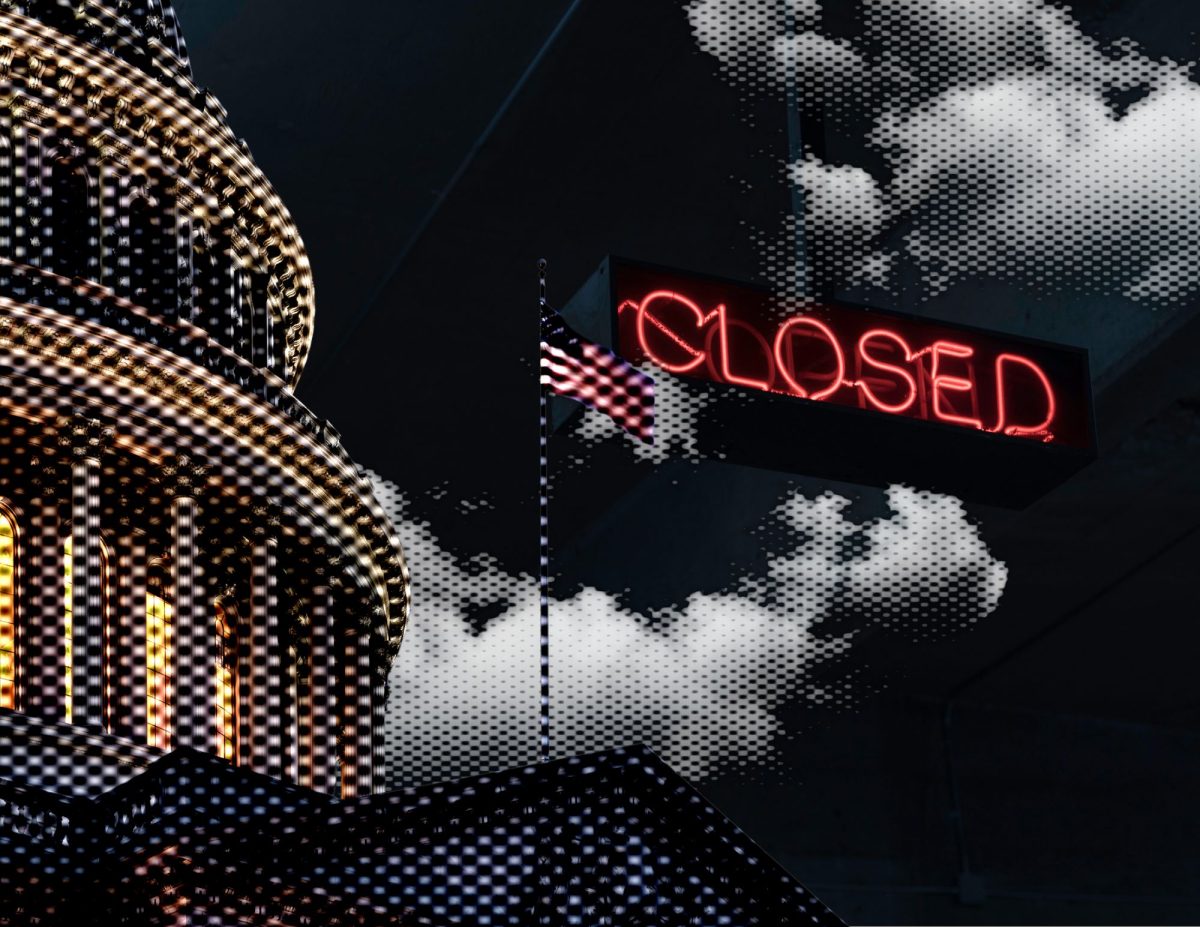The 2025 Nobel Prizes, celebrating the figures at the forefront of change and innovation, were awarded from Oct. 6 to Oct. 13. The Nobel Prize, created in the will of Albert Nobel, inventor and entrepreneur, is one of the most prestigious prizes in the world. Prizes are awarded by the Nobel Foundation “for the greatest benefit to humankind”, in the fields that Nobel was most involved in during his lifetime: physics, chemistry, physiology or medicine, literature and peace. In 1969, the Sveriges Riksbank Prize in Economic Sciences in Memory of Alfred Nobel was established in celebration of the tercentenary of Sweden’s central bank. Each prize is valued at 11 million Swedish kronor (SEK) as of 2025, which is approximately $1.17 million, and can be awarded to up to 3 laureates.
Nobel Prize in Physics
Awarded to: John Clarke (U.S.), Michel H. Devoret (U.S.) and John M. Martinis (U.S.).
The three laureates won the prize for “the discovery of macroscopic quantum mechanical tunnelling and energy quantisation in an electric circuit,” which has the potential to be instrumental in the development of quantum computers, sensors and cryptography that has capabilities beyond today’s supercomputers. The optimized functioning of the technology people take for granted today — including smart phones, computers, fiber-optic cables, satellites and MRI machines — stems from the transformative research in quantum mechanics done by Clarke, Devoret and Martinis.
Nobel Prize in Chemistry
Awarded to: Susumu Kitagawa (Japan), Richard Robson (Australia) and Omar Yaghi (U.S.)
Kitagawa, Robson and Yaghi created the first metal-organic frameworks (MOFs), trailblazing a new type of molecular architecture. The MOFs’ ability to allow molecules to move freely in and out presents a vast number of applications. Researchers have used the MOFs to “harvest water from desert air, extract pollutants from water, capture carbon dioxide and store hydrogen”.

Nobel Prize in Physiology or Medicine
Awarded to: Mary E. Brunkow (U.S.), Fred Ramsdell (U.S.) and Shimon Sakaguchi (Japan)
According to the National Health Council, approximately 50 million Americans are affected by autoimmune diseases. There is no cure for this condition in which the immune system attacks its own healthy cells, only therapy and treatment to manage the symptoms. Thus, the discovery demonstrating peripheral immune tolerance, or how the immune system keeps itself in check, made by Brunkow, Ramsdell and Sakaguchi, brings hope and promise to people who are immunocompromised, creating openings for possible treatments and further research.
Nobel Prize in Economics
Awarded to: Joel Mokyr (Israel), Philippe Aghion (France) and Peter Howitt (U.S.)
The newest of the Nobel Prizes, the Sveriges Riksbank Prize in Economic Sciences in Memory of Alfred Nobel was split, with one half awarded to Joel Mokyr for “having identified the prerequisites for sustained growth through technological progress,” and the other half to Philippe Aghion and Peter Howitt for ‘the theory of sustained growth through creative destruction’. The laureates’ research demonstrated how technological innovation and society’s adoption of it are fundamental in economic growth and progress.

Nobel Prize in Literature
Awarded to: László Krasznahorkai (Hungary)
Krasznahorkai’s postmodern works, the most famous being Satantango and The Melancholy of Resistance, explore dystopian and melancholic themes. In a writing style characterized by long, winding sentences that can extend for pages, __leading him to receive the Nobel Prize in Literature “for his compelling and visionary oeuvre that, in the midst of apocalyptic terror, reaffirms the power of art.”
Nobel Prize in Peace
Awarded to: Maria Corina Machado (Venezuela)
Arguably, the most renowned of the prestigious Nobel Prizes is the Nobel Peace Prize. This year, the prize went to Maria Corina Machado for her activism in the face of the growing authoritarianism and corruption in the Venezuelan government. Founder of Súmate, an organization aimed at promoting free and fair elections, Machado also ran for the 2024 presidential election, and when she was blocked from running, she supported the opposition’s alternative candidate. After the 2024 loss, she and others of the opposition have collected systemic documentation supporting their argument of a rigged election that they had actually won, but was suppressed by the regime. Therefore, the Norwegian Nobel Committee honors “her struggle to achieve a just and peaceful transition from dictatorship to democracy.”








